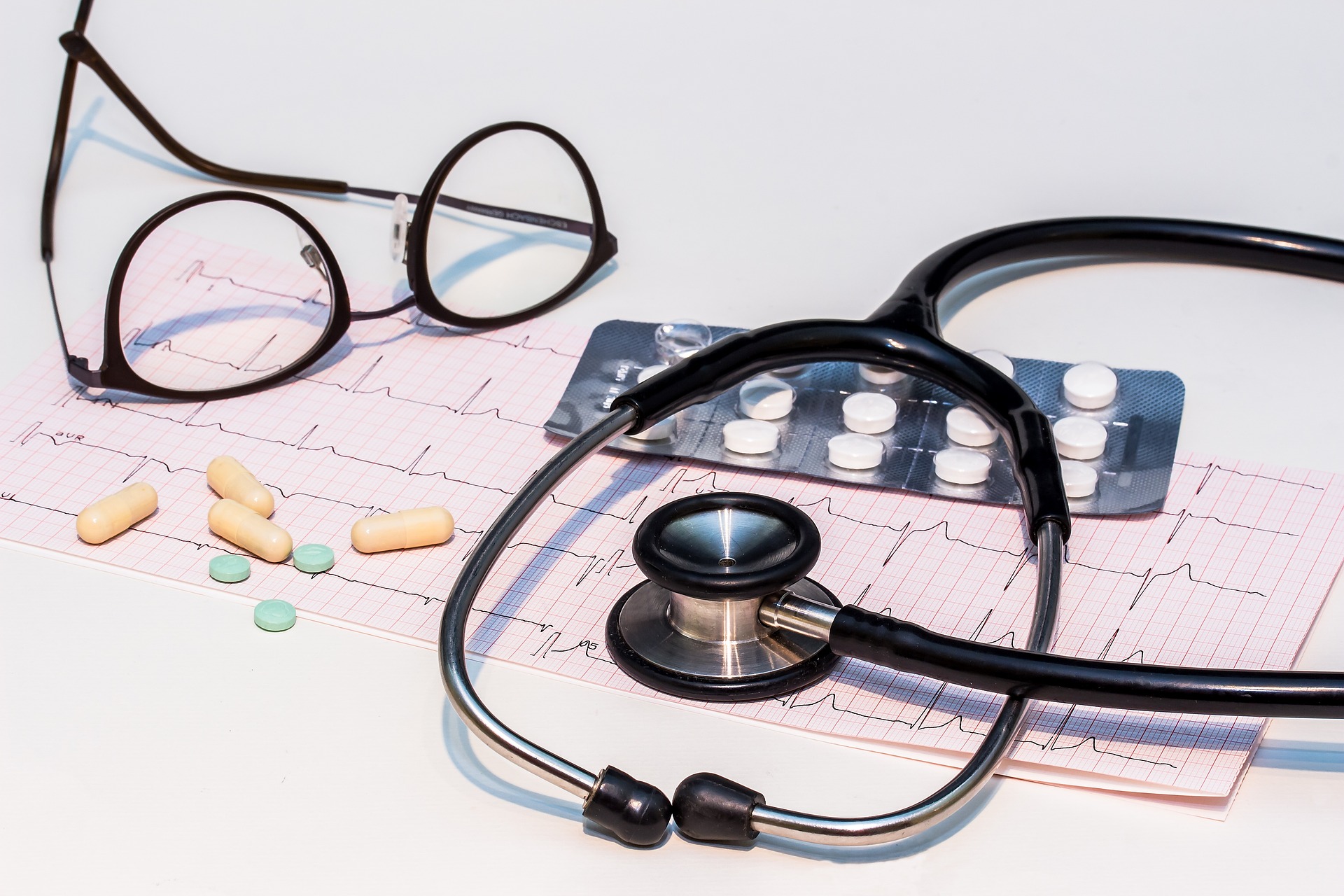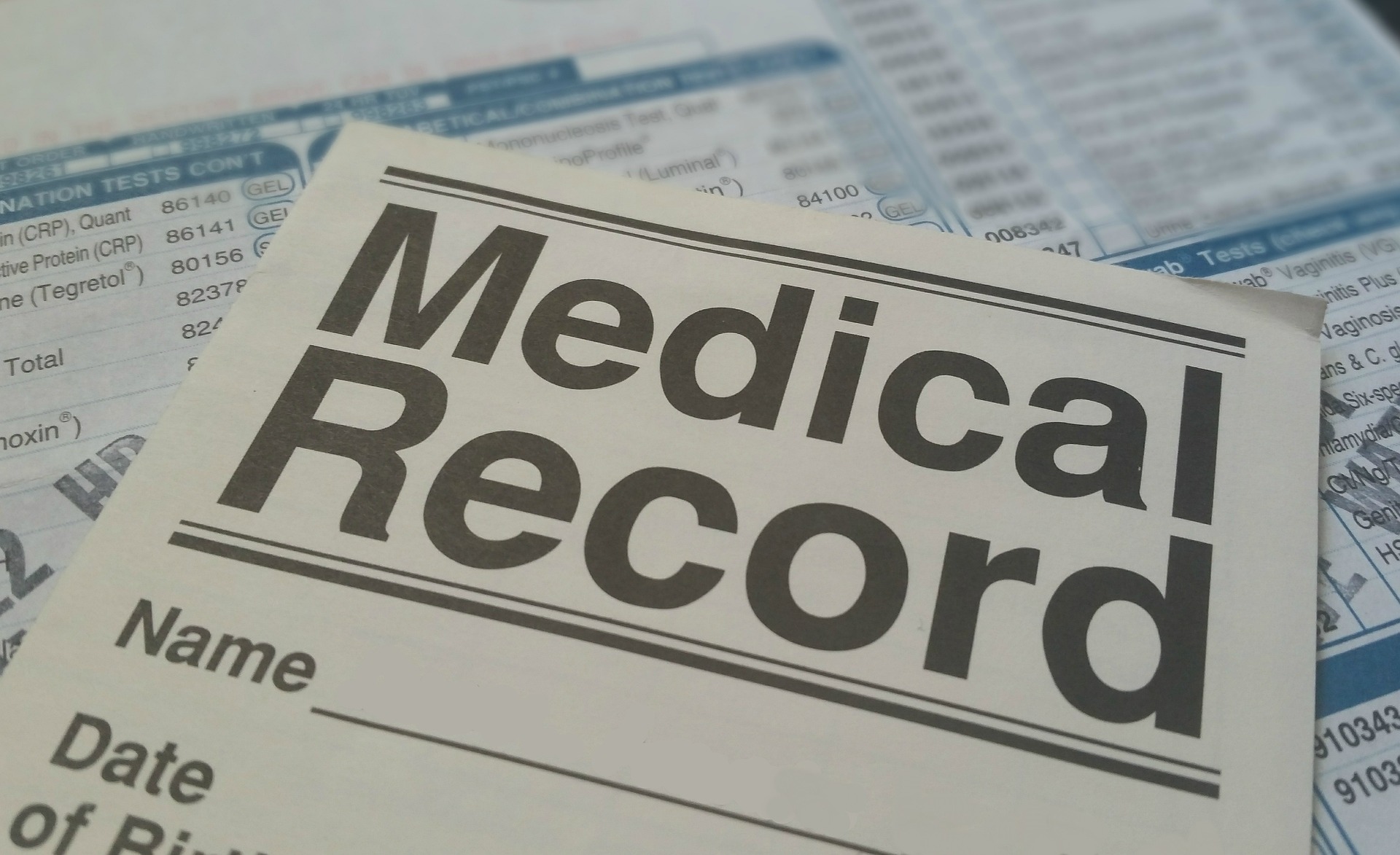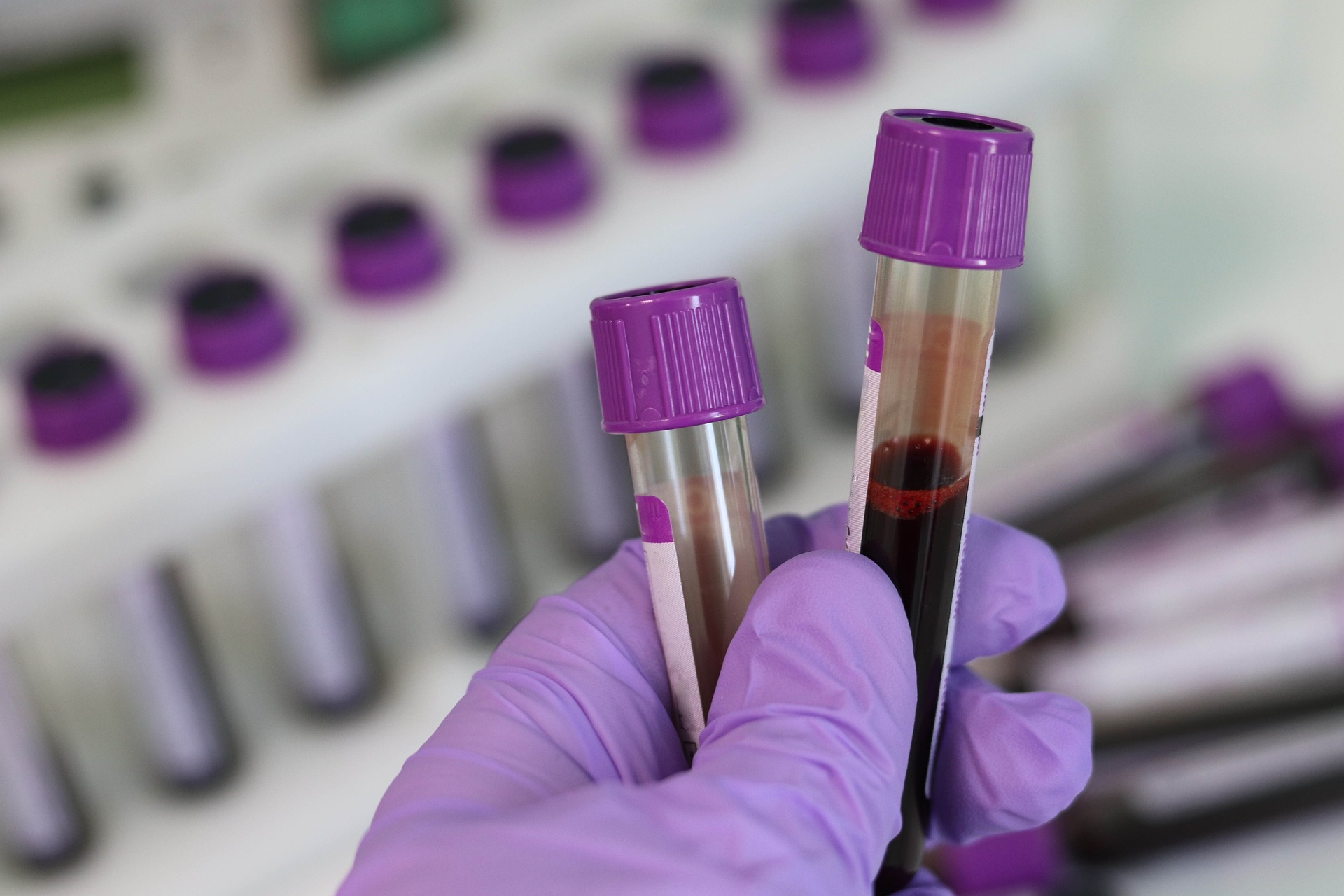
Laboratory tests
In the laboratory, we perform blood, stool, and urine tests. Through these tests, we gain comprehensive insights into the functions of organs and systems (e.g. metabolic and immune systems).
Blood tests
The laboratory diagnostics conducted in our practice include general laboratory tests, such as blood count, nutrient components of the blood, liver values, kidney values, and blood lipids (cholesterol), as well as highly specific gastroenterological and cardiological laboratory values, in particular:
The laboratory diagnostics conducted in our practice include general laboratory tests, such as blood count, nutrient components of the blood, liver values, kidney values, and blood lipids (cholesterol), as well as highly specific gastroenterological and cardiological laboratory values, in particular:
- Determination of specific, modern vascular risk indicators
- Anemia clarification
- Special thyroid examinations, including determination of thyroid antibodies and thyroid tumor markers
- Allergy diagnostics
- Special diagnostics for gastrointestinal diseases, such as gliadin antibodies, inflammatory markers in stool, and fungal serology
- Determination of female and male sex hormones and the higher-level pituitary control hormones
- Special cardiac markers and metabolic parameters for early detection of diabetes, etc.
- Tumor markers
- Investigation of liver function, endocrinological special parameters (blood pressure regulation, accurate kidney function, adrenal hormones)
- Blood sugar clarification using insulin determination
- Determination of hormone levels
- Special serological tests for Borrelia, Campylobacter, infectious mononucleosis, cytomegalovirus
- Clarification of autoimmune diseases and rheumatological diseases
- Vitamin level determination, including determination of total antioxidant capacity and free radicals, analysis of oxidative stress burden
Blood collection
Blood draws are performed Monday through Friday from 08:00-11:00 a.m.. Please come to your scheduled appointment fasting. You can inquire about the lab results via email on the 2nd following working day.
Fasting before blood collection means:
- Please observe a fasting period of at least 8-12 hours.
- Do not drink beverages (juices, milk, etc.). A glass of water is allowed before blood collection.
- Medications: Please consult with us if you regularly take medications.
- No cigarettes: Do not smoke for at least 8-10 hours before blood collection.
Urine tests
A urine test can provide clues to the causes of abdominal discomfort and metabolic disorders in the area of blood breakdown (hemoglobin, porphyrins). In the laboratory, we determine various values:
- Amount of urine
- Bacteria
- Blood
- pH value
- Protein (albumin)
- Glucose
- Nitrite
The sample typically consists of so-called midstream urine. It is collected not at the beginning of bladder emptying but from the running urine stream and caught in a sterile container. This prevents contamination and germs from the external genitals and outer parts of the urethra from entering the urine sample and falsifying the analysis results.
Some urine tests are also performed with the so-called 24-hour collection urine. For this, the patient must collect all urine passed within 24 hours.
Stool tests
For many gastroenterological diseases, we obtain valuable clues about the causes with the help of a stool sample. In a laboratory examination of the stool, we determine:
- Pathogens (germs, bacteria, viruses, parasites, worms)
- Stool composition (fats, bile acids)
- Inflammatory markers (calprotectin)
- Occult blood in the stool
- Composition of gut bacteria
- Histamine and parameters of chronic, subliminal inflammation (silent inflammation, leaky gut)

Contact & Meet
We look forward to getting to know you.
More services
Cardisiography
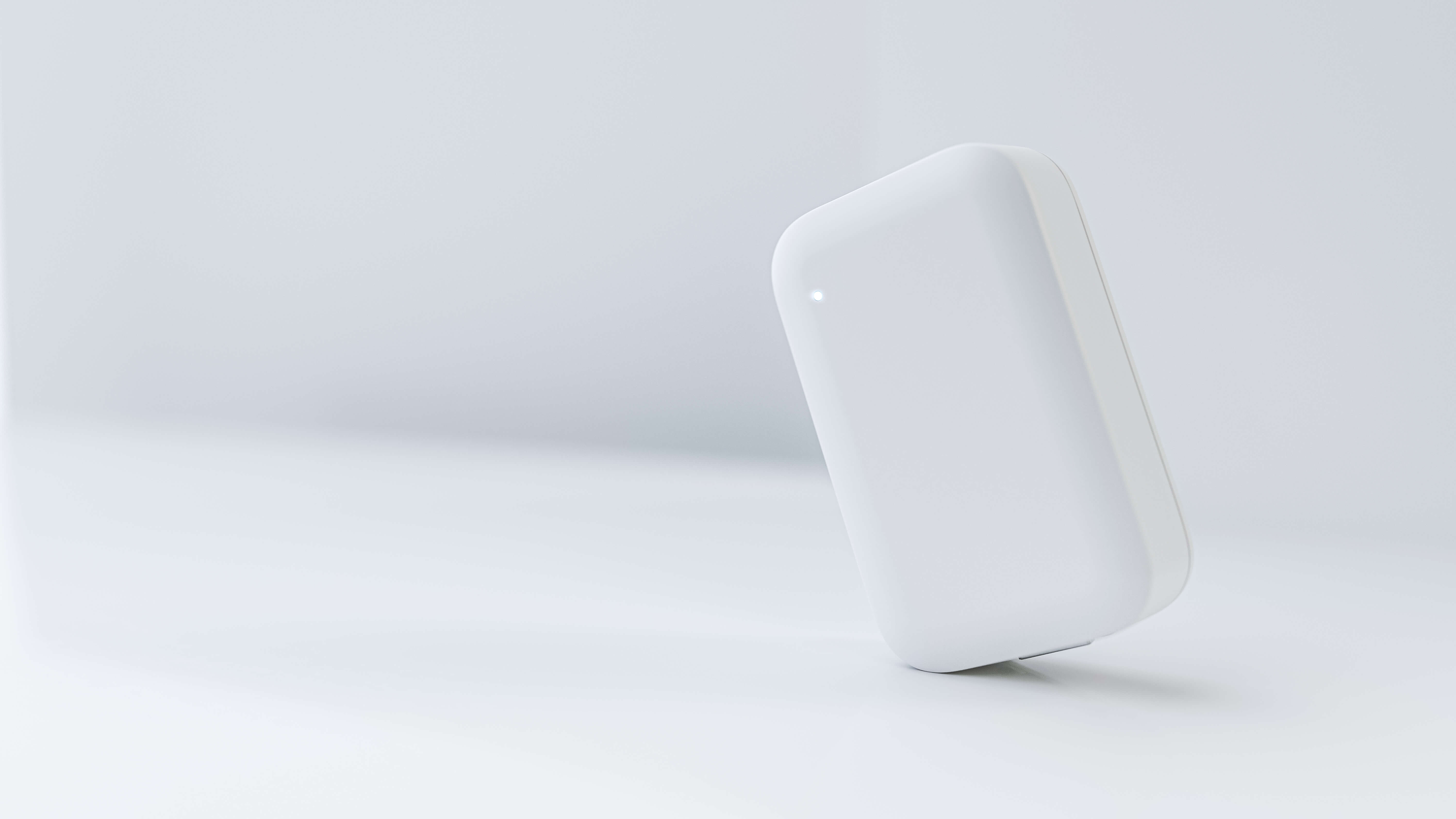
Cardisiography
Emergency diagnostics
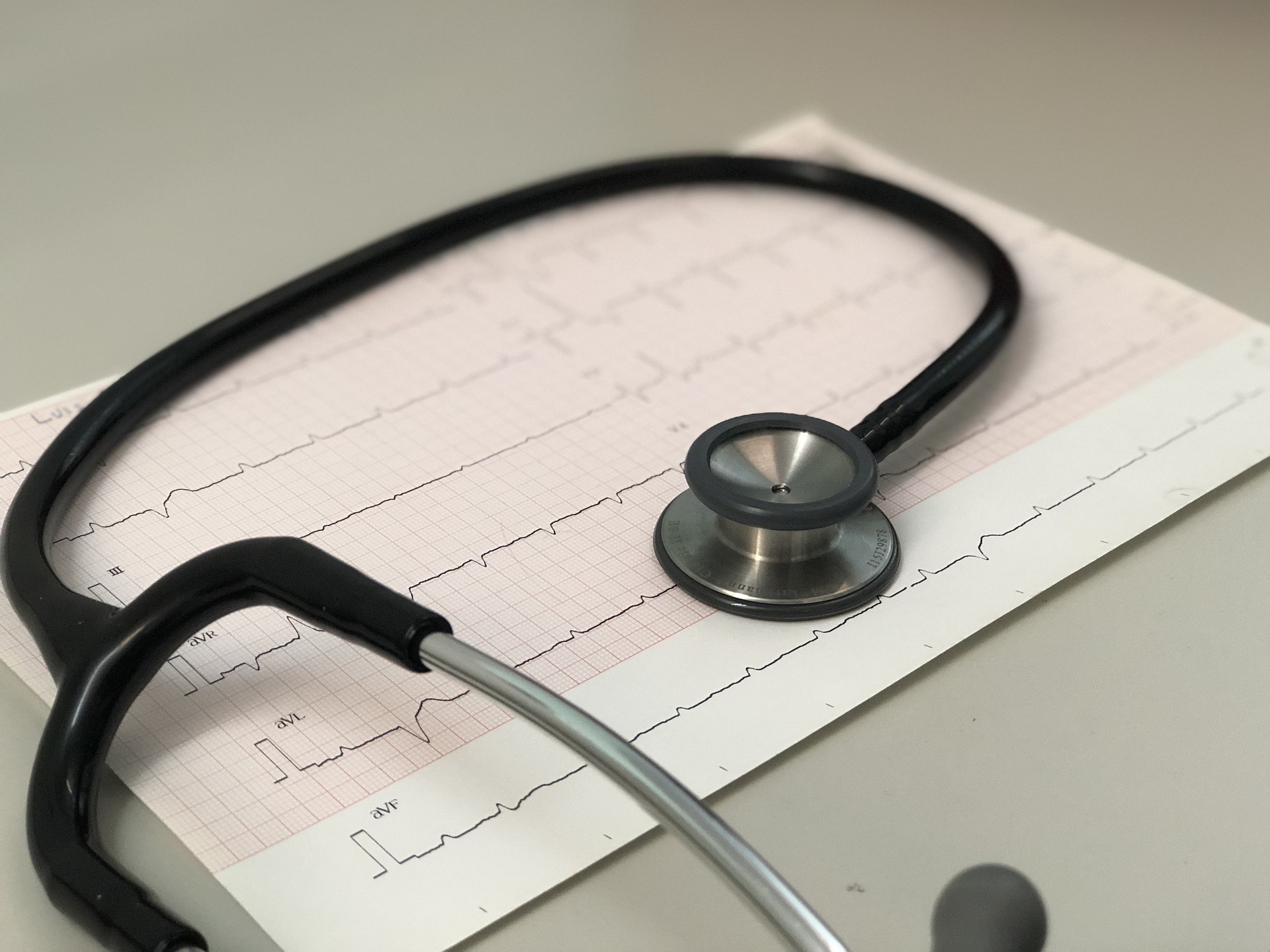
Emergency diagnostics
Vaccination and travel vaccination consultation
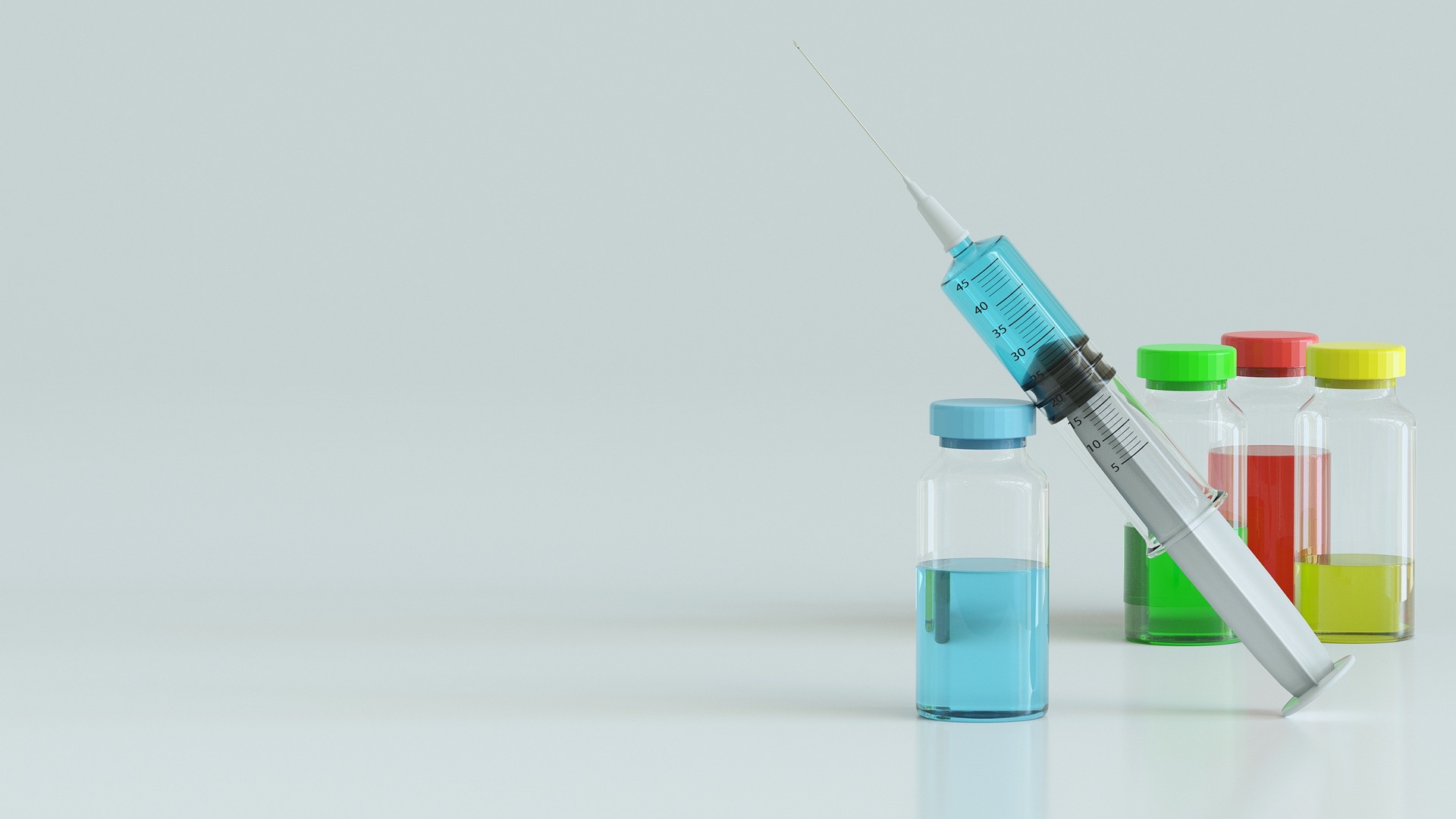
Vaccination and travel vaccination consultation
Body Fat Measurement
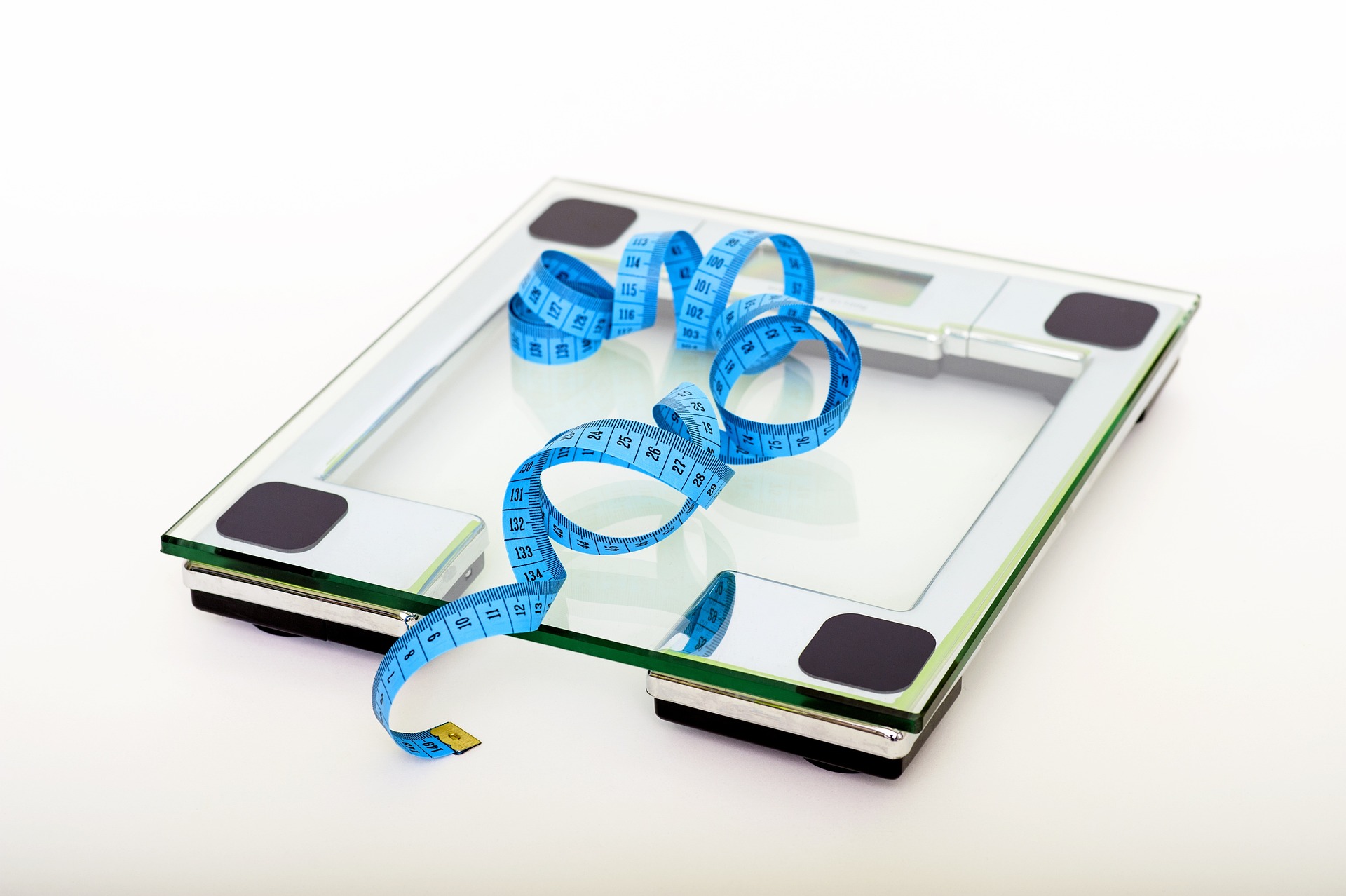
Body Fat Measurement
Individual Health Services (IGeL)

Individual Health Services (IGeL)
DMP (Disease management program)

DMP (Disease management program)
Cancer screening
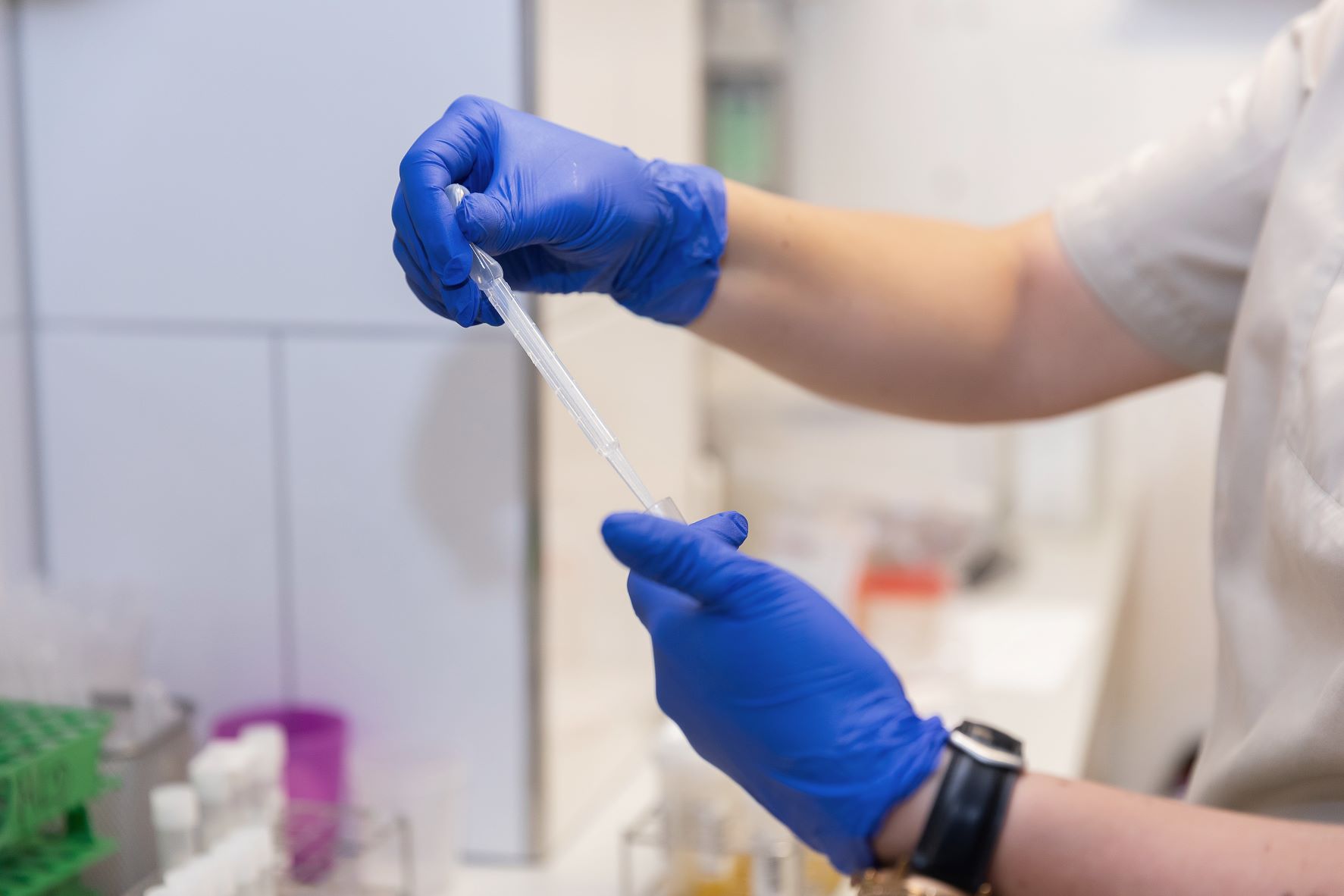
Cancer screening
Check-Up
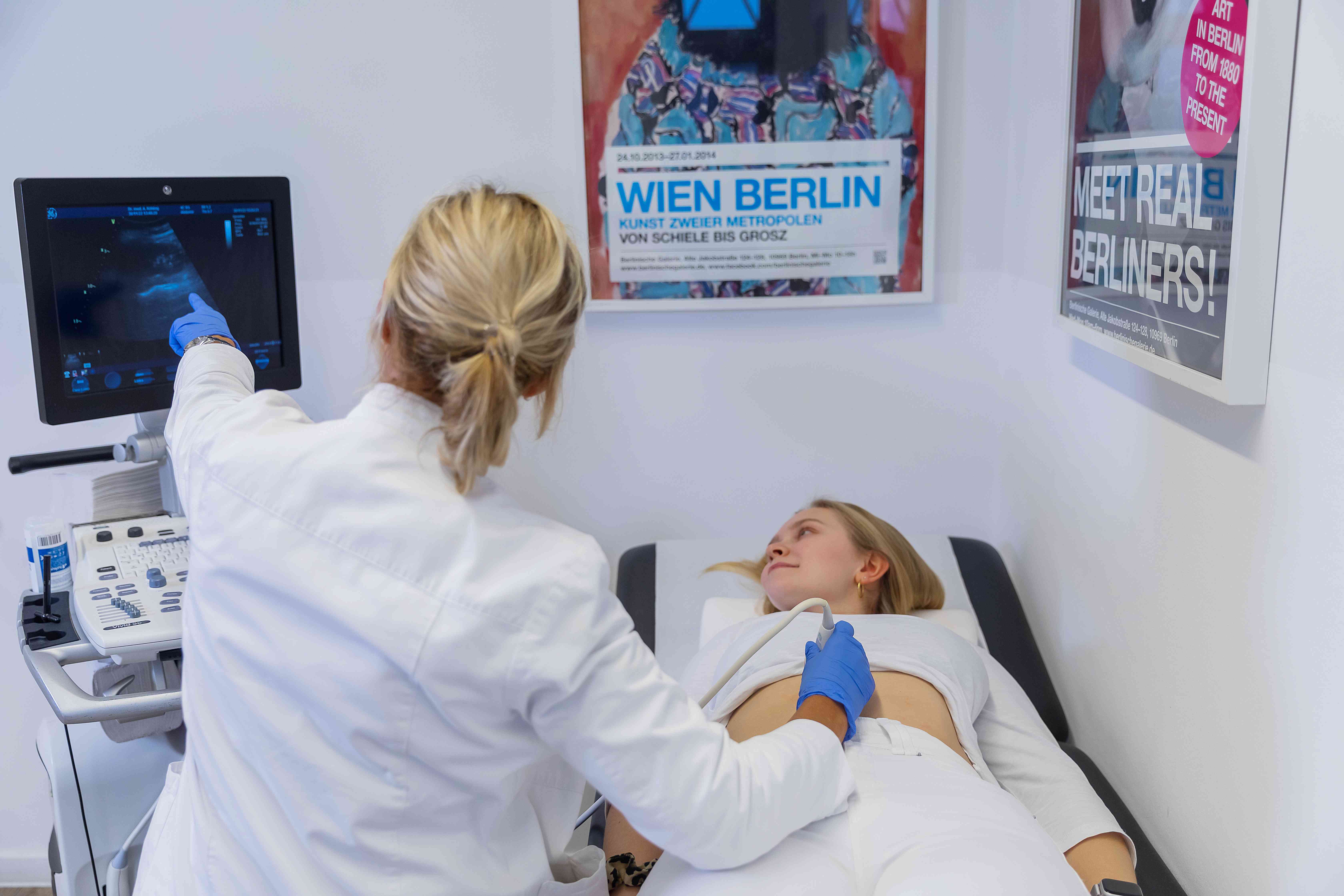
Check-Up
Skin cancer screening

Skin cancer screening
Pulmonary function tests
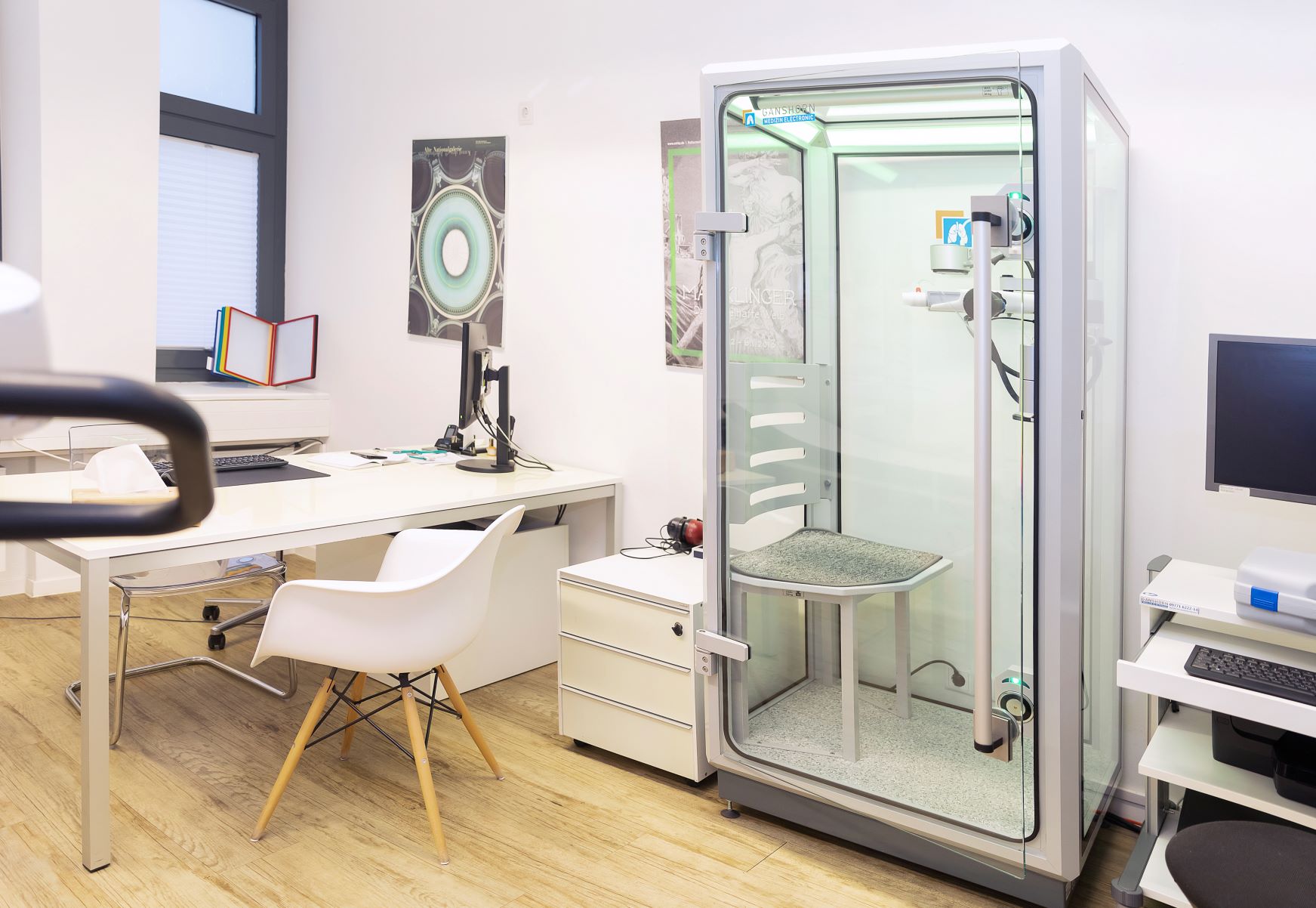
Pulmonary function tests
Laboratory tests

Laboratory tests
Metabolic Balance

Metabolic Balance
Ultrasound examinations
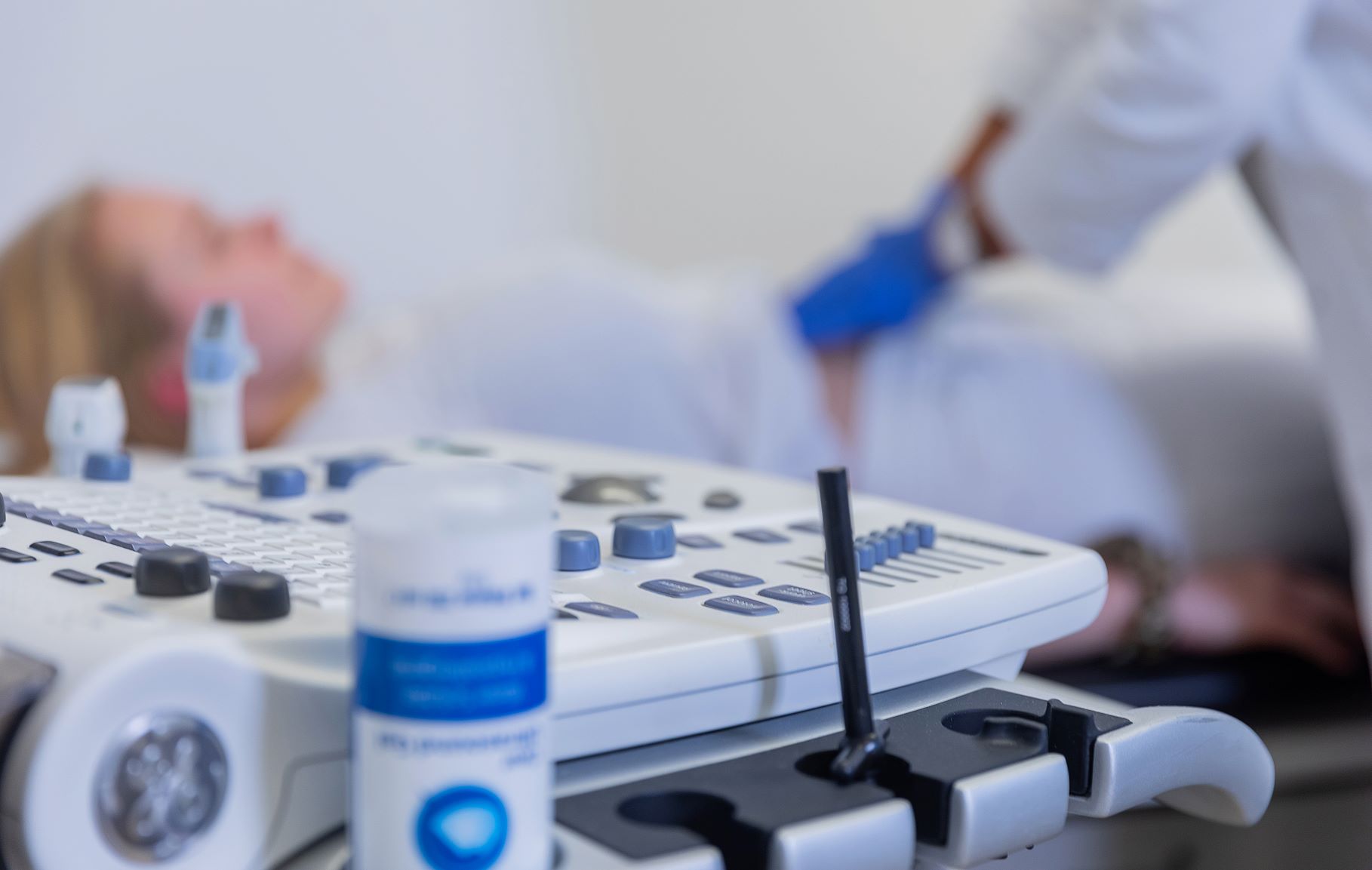
Ultrasound examinations
Stress-ECG
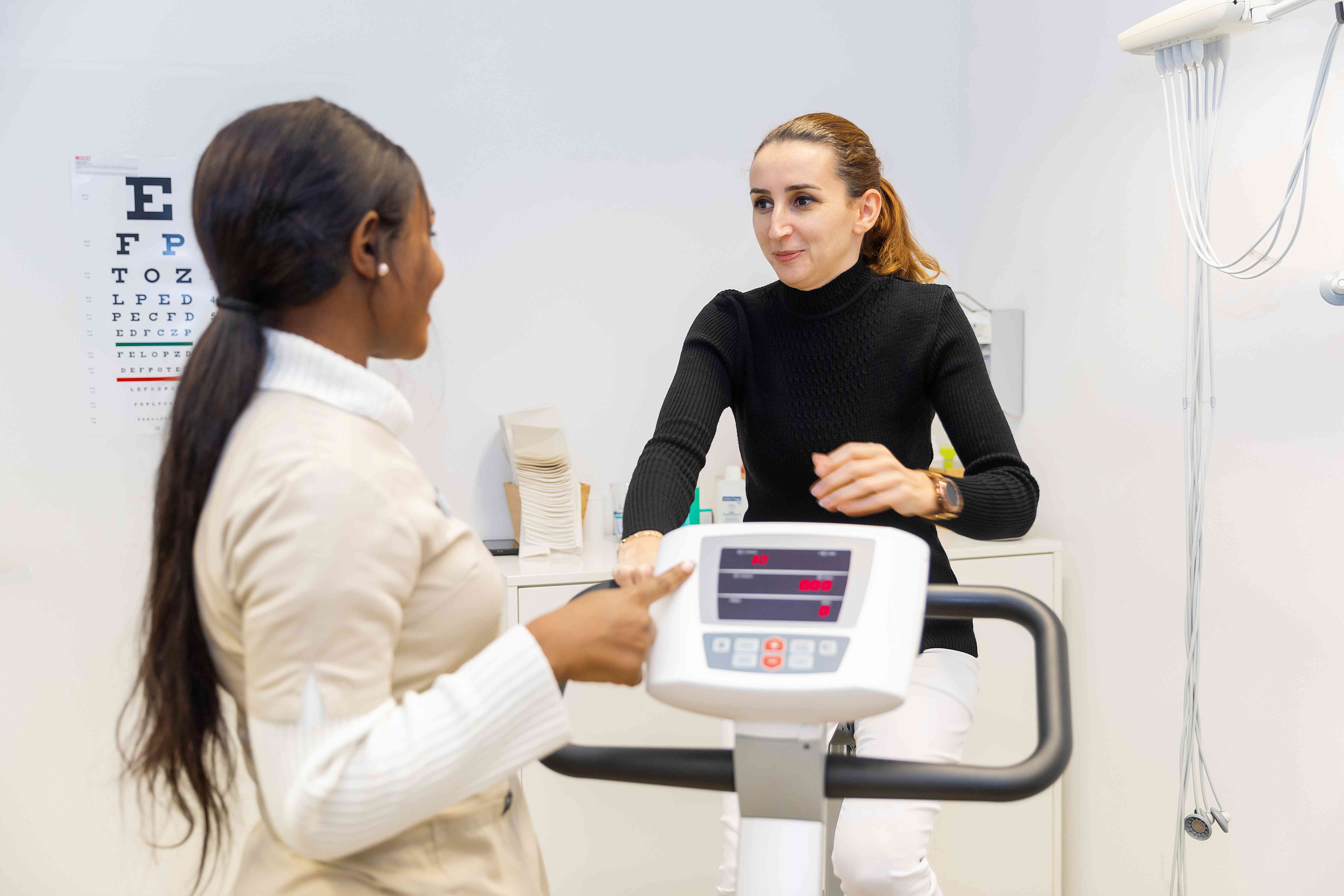
Stress-ECG
Cardiological examinations
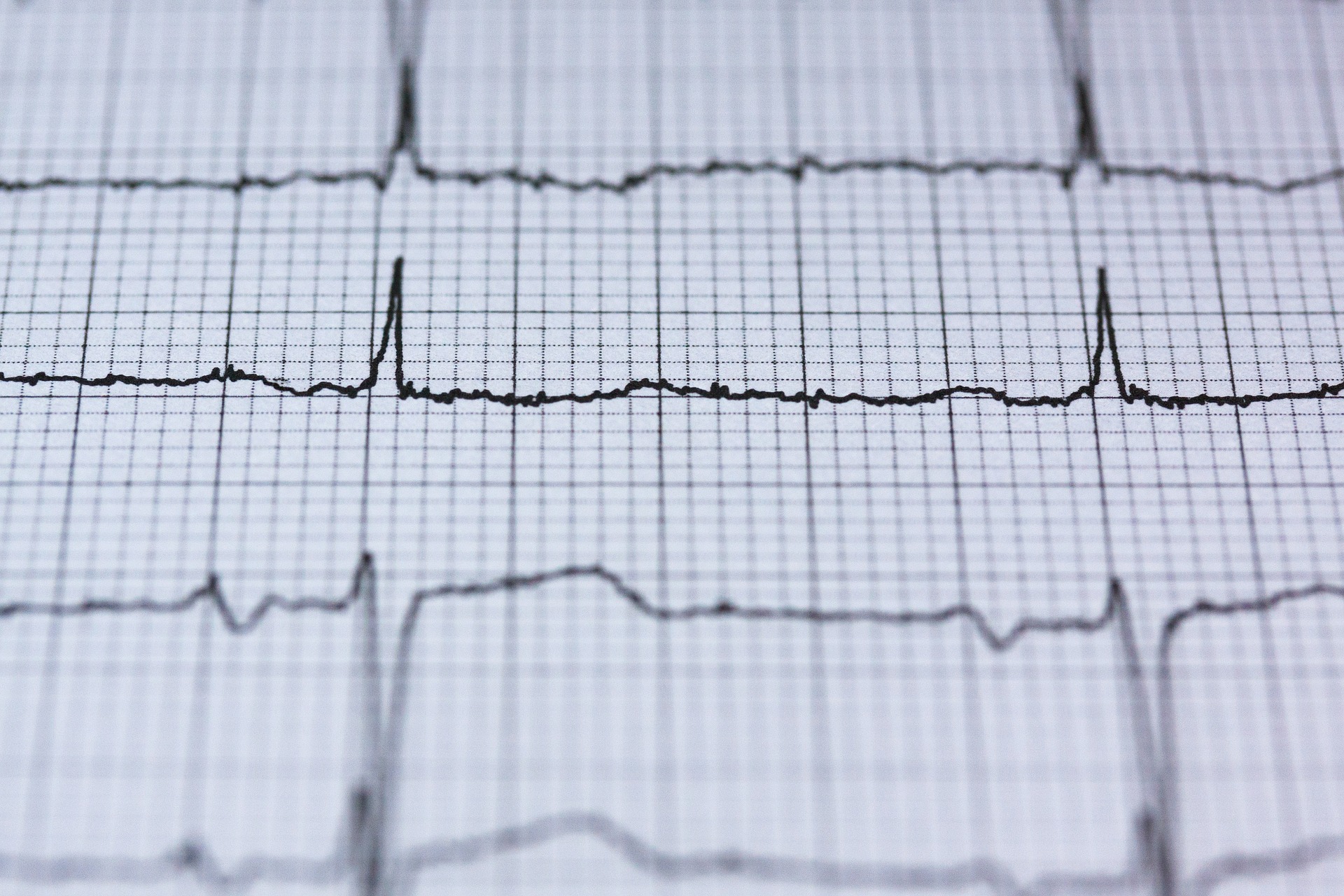
Cardiological examinations
Color Doppler ultrasonography
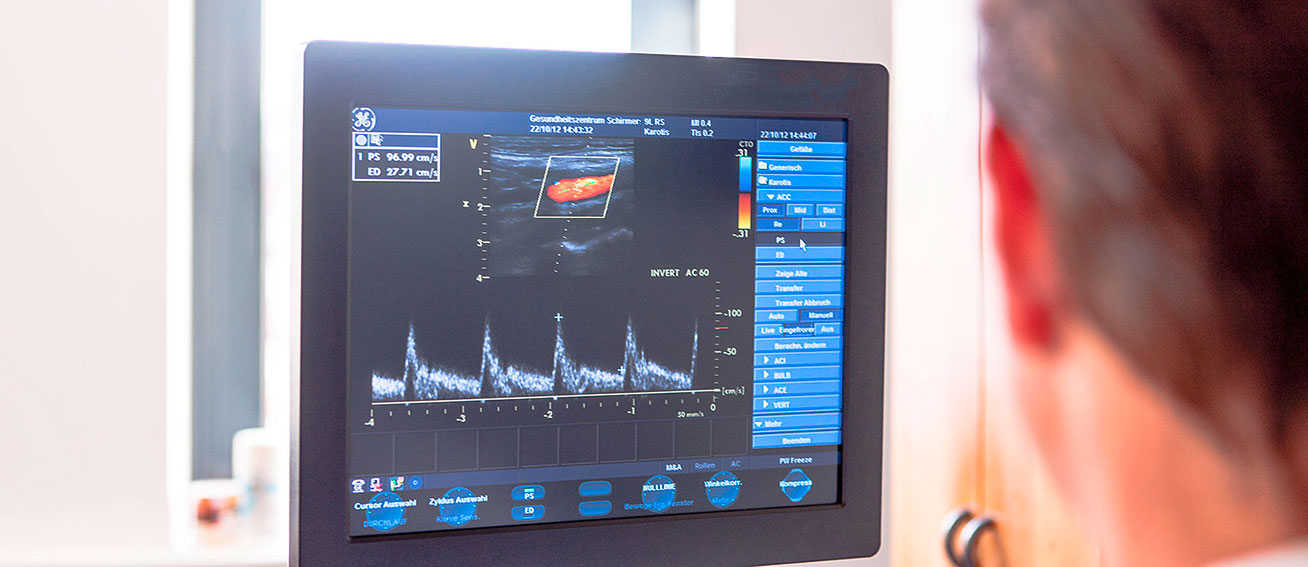
Color Doppler ultrasonography

